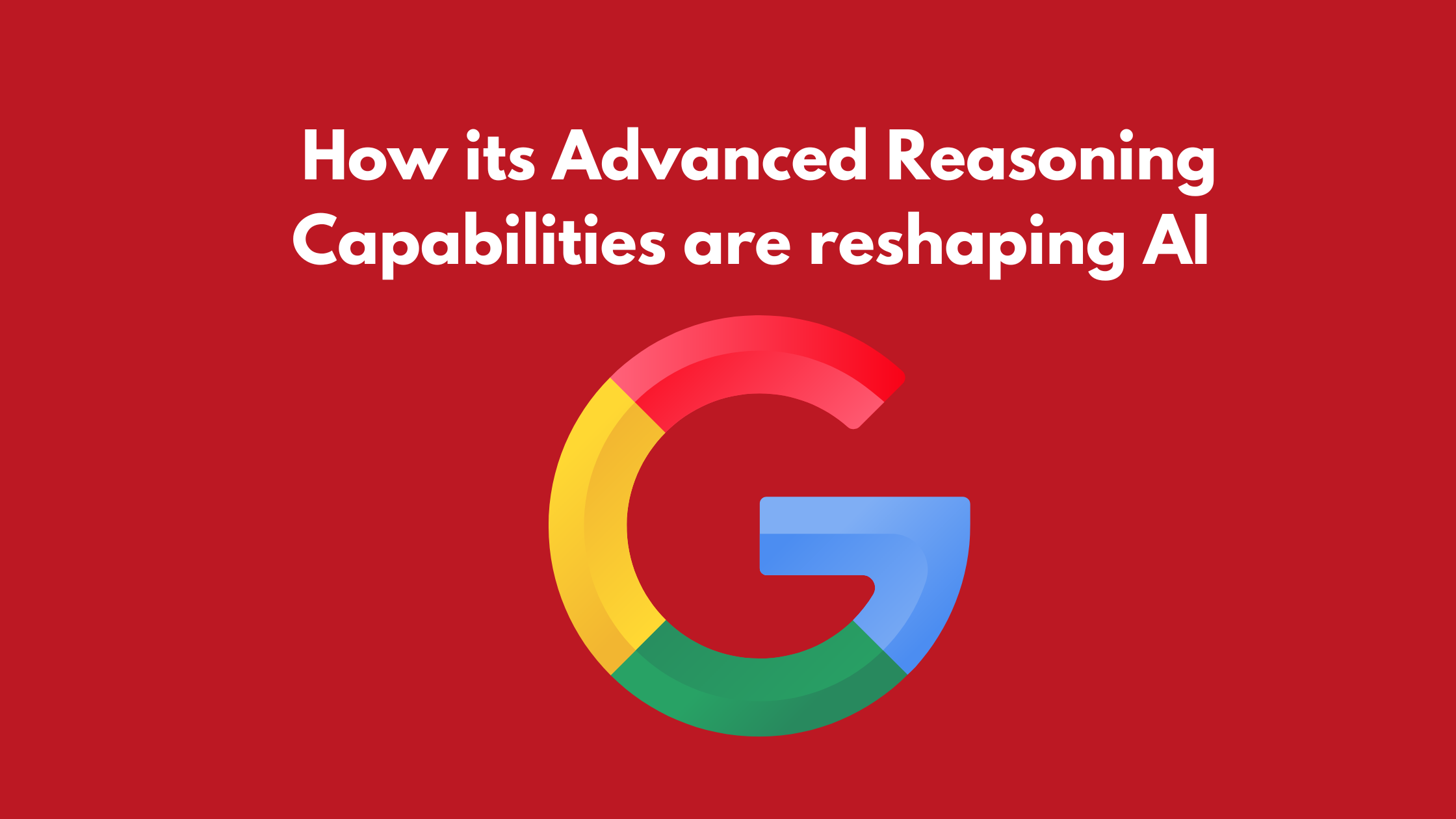
Tracking the right website performance metrics helps businesses understand user behavior, improve content, and boost conversions. But which metrics matter the most? Here are five essential website analytics metrics every business should monitor.
To stay ahead of the competition, businesses must track key performance metrics to understand user behavior, optimize engagement, and drive conversions.
By monitoring the right website analytics metrics, you can:
✅ Identify what’s working and what’s not
✅ Improve user experience (UX)
✅ Increase website traffic and engagement
✅ Boost lead generation and conversions
Let’s explore the five most crucial website performance metrics every business should track.
Table of Contents
Introduction: Why Website Analytics Matter?
The Metrics
Conversion Rate: Measuring Success Through Actions
Website Traffic: Understanding Your Audience Reach
Unique Visitors: Evaluating Audience Growth
Bounce Rate: Analysing Visitor Engagement
Keywords Performance: Optimizing for Search Engines
Conclusion: Key Takeaways for Website Growth
Conversion Rate: Success Metrics via Actions
What is it?
The percentage of visitors taking a desired action on your website (e.g., buying something, subscribing to a newsletter, or filling in a contact form).
Why It Matters?
It shows that your site is actually convincing visitors to take action. It can imply that there's a problem with UI/UX, page load times, or clarity of the content.
How to Make It Better?
✔ Make landing pages more optimized with easy-to-spot CTAs
✔ Enhance website speed to ensure improved user experience
✔ Utilize A/B testing in order to view what works better
Website Traffic: Your Audience Reach Made Easy
What is it?
Website traffic is the number of visitors to your website. You can monitor:
Organic Traffic (from search engines)
Direct Traffic (people typing your URL)
Referral Traffic (from other sites)
Paid Traffic (from ads)
Why It Matters?
More traffic = More chances for brand awareness, engagement, and sales.
How to Improve It?
✔ Optimize content with SEO-friendly keywords
✔ Use social media marketing to attract visitors
✔ Utilize paid ads for accelerated growth
Unique Visitors: Measuring Audience Growth
What is it?
Unique visitors are the count of individual users who visit your site within a certain timeframe. If they return again and again, they are counted only once.
Why It Matters?
It serves to monitor new vs. repeat visitors, indicating whether your marketing is drawing new visitors to your site.
How to Improve It?
✔ Develop appealing and sharable content
✔ Launch targeted advertising campaigns to reach new users
✔ Enhance your website's SEO to drive organic traffic
Bounce Rate: Understanding Visitor Engagement
What is it?
Bounce rate is the proportion of visitors who exit your site without engaging (e.g., clicking another page or taking an action).
Why It Matters?
High bounce rate can be an indicator of bad website design, slow loading time, or unengaging content.
How to Improve It?
✔ Make your website load in under 3 seconds
✔ Use effective headlines and images
✔ Enhance internal linking to make visitors stay Longer
Keywords Performance: Search Engine Optimization
What is it?
Keywords are the words that individuals search for to locate your website on Google. Monitoring keyword performance assists in knowing:
Which keywords generate traffic
Which keywords require optimization
What new keyword opportunities are available
Why It Matters?
The appropriate SEO strategy guarantees that your website appears higher on search engines, attracting more organic traffic.
How to Improve It?
✔ Utilize SEO tools (Google Search Console, SEMrush, Ahrefs) to examine keyword rankings
✔ Use high-ranking keywords to optimize blog content
✔ Target long-tail keywords for improved conversions
Conclusion: Important Points for Website Development
Monitoring conversion rates, traffic, unique visitors, bounce rate, and keywords enables companies to gain insight and optimize their web performance.
Brief Recap:
✅ Excellent conversion rate = Improved website efficiency
✅ Increased traffic & unique visitors = Improved brand penetration
✅ Low bounce rate = Improved user interaction
✅ Keyword performance = Increased search rankings.
#website# websites# metrics# performance# growth# keywords# sales# conversion# 2025# trendingLogixhunt is an IT company that provides cutting-edge services in the fields of website development, software development, and mobile app development. Logixhunt is dedicated to providing quality services to our clients, and helping young college students learn the most in-demand skills in the industry. We offer 3 and 6 months internship programs to college students, so they can stay up to date with the latest trends in the field. Our experienced team of professionals is always ready to help students hone their skills and become the next generation of tech professionals.

.png)
